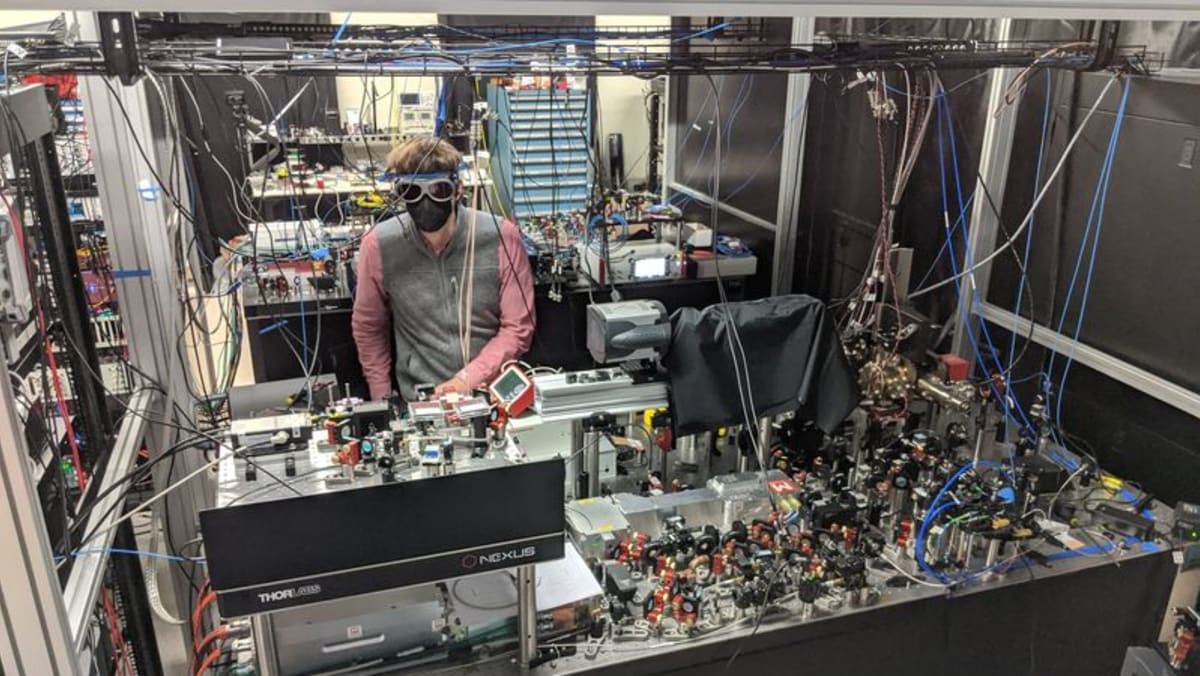However, China is rapidly gaining ground. Last December, the Chinese Academy of Sciences announced the launch of the Tianyan-504, a supercomputer that surpasses the 500-qubit threshold, a key measure of quantum processing capability.
Beyond encryption, another critical area where quantum technology is making strides is quantum communication – a field in which China is taking the lead. Quantum communication enables ultra-secure, extremely fast communication that cannot be intercepted.
In 2016, China launched the first quantum satellite, which enables secure quantum communication over thousands of kilometres. A second satellite followed in 2022, and a third is planned for 2026. In December 2023, China and Russia tested quantum communication via satellite.
DIFFERENT APPROACHES TO QUANTUM TECHNOLOGY RESEARCH
China and the United States approach quantum technology research in different ways.
China focuses on state-led development, with the bulk of research conducted in state-controlled labs such as the Chinese Academy of Sciences or the University of Science and Technology of China. By contrast, the United States primarily leaves the development to private companies such as Google, IBM, and Microsoft, as well as startups.
There are benefits and risks to both approaches. China’s method can help in long-term planning, especially when developing and securing supply chains, but may stifle competition and innovation. The US method fosters competition and diversity of research avenues, but is subject to the whims of investors and shareholders, who will want to see a return on their investment.
